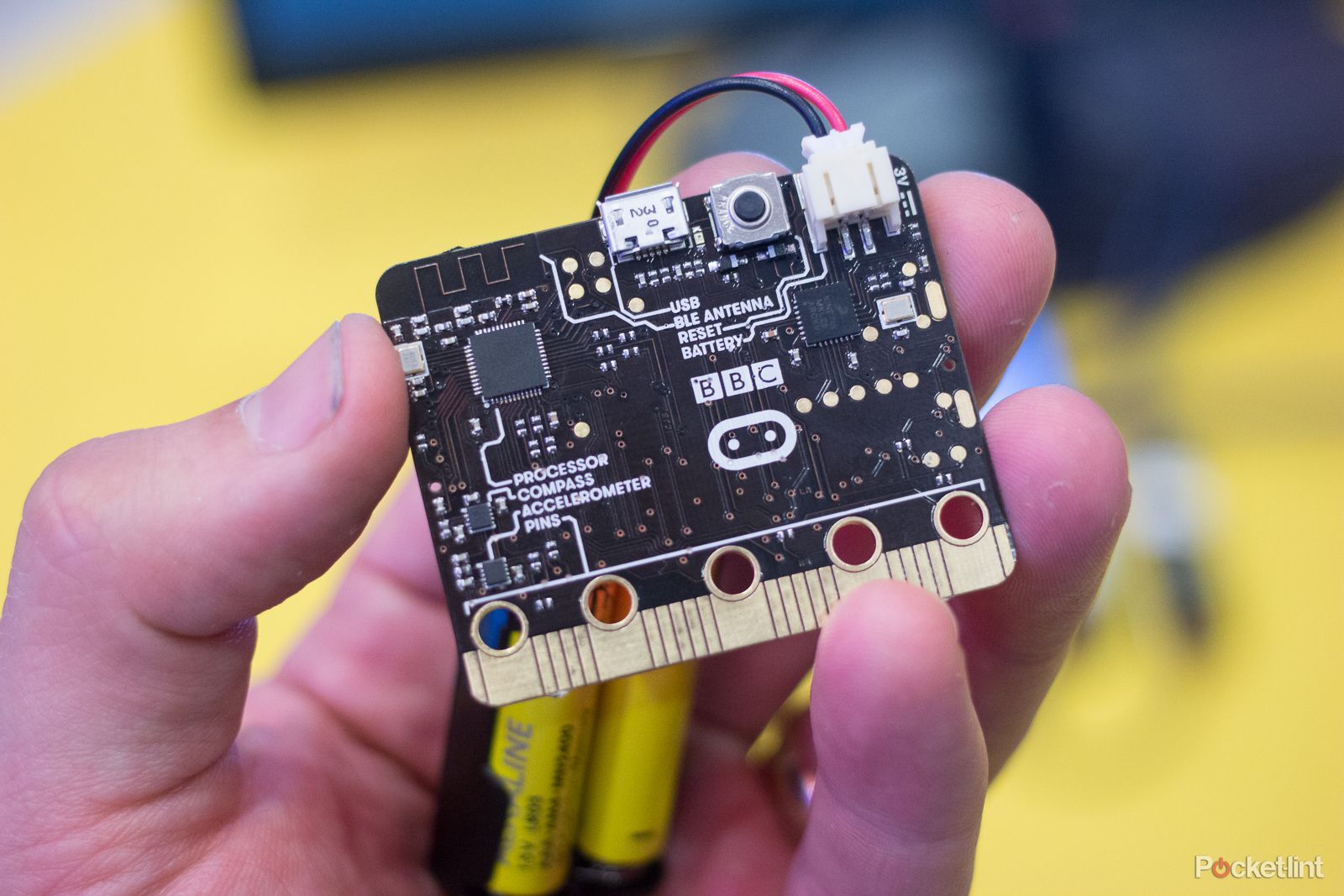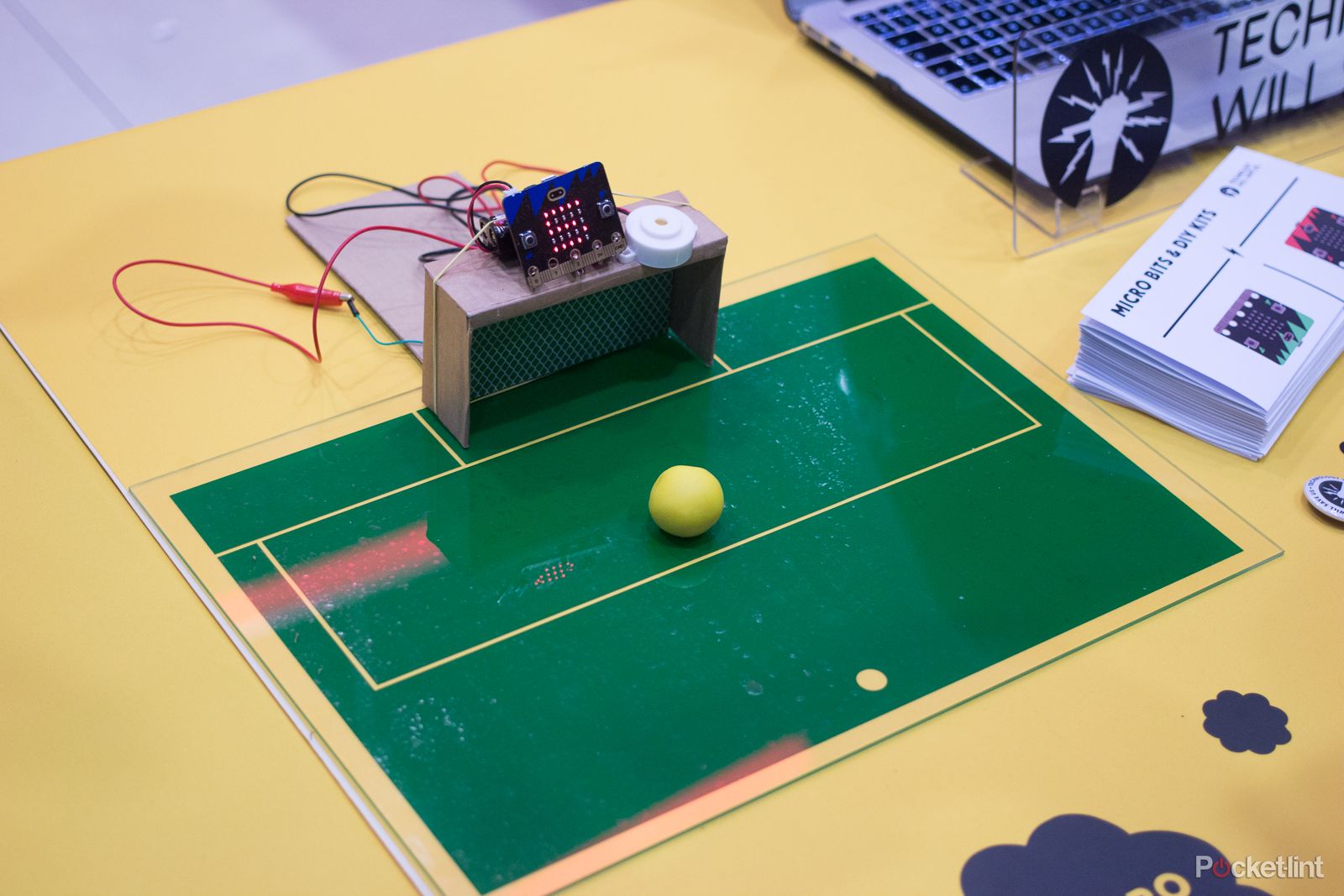The BBC has spearheaded a new initiative to bring a pocket sized computer to all 11 and 12-year-olds (Year 7) in the UK.
Called the micro:bit, the new computer, which many will see as an alternative to the Raspberry Pi computer, will offer kids the chance to play with hardware and coding.
The new 4cm by 5cm sized computer that was inspired by the corporation's efforts in the 1980s with the BBC Micro, has taken 3 years to develop.
The idea is that by making the hardware easily accessible, more will get involved in the code elements of computing, rather than seeing devices like laptops or tablets as merely devices to do things on.
Developed by BBC Learning and supported by companies 29 companies including Samsung, ARM, Barclays, and Microsoft, there will be 1m available initially.
The computer board, which allows you to see all the elements available to you, will feature a processor, compass, accelerometer, USB power port, a Bluetooth antenna and battery port to connect two AAA batteries. Kids will also be able to use the five Input and Output (I/O) rings to connect up to five crocodile clips via the board to connect other devices.
The micro:bit will feature two buttons for interactivity and 25 LED lights to give feedback or display messages, and the device can be connected to other devices including other micro:bit computers.
Children will be able to code the micro:bit easily via free Microsoft software that will let you simply drag and drop statements or use more complicated code interfaces once they've developed their skills. Samsung is developing an Android app, while iOS will also be supported.
At the launch the BBC invited a number of supporters in to show what they've already been able to create. So far that includes everything from interactive name badges, table tennis bats that glow, robots that drive based on accelerometer movement, and a plant sensor that can work out when a plant needs watering.
Teachers will get them in September, with school pupils in October. The BBC has confirmed that the computers will belong to the kids rather than the schools.
The BBC has also confirmed that people will be able to buy them, but hasn't given a timeframe as to when that will happen. The micro:bit technology will be open source, allowing others to build and develop the project moving forward.


